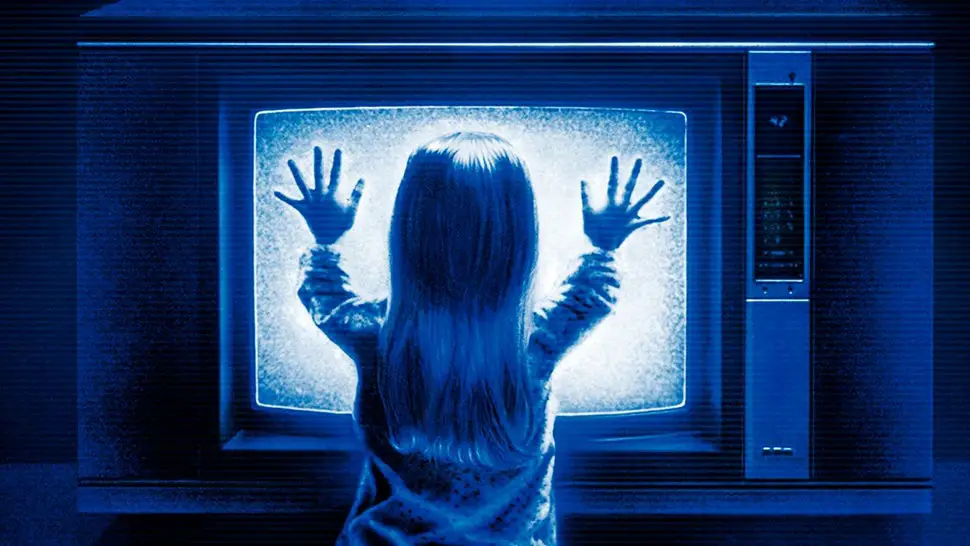News and Analysis
The great satellite TV blackout is now two weeks old, and there’s no end in sight. Not surprisingly, I have received numerous e-mails from angry subscribers asking if these two fee fights will ever end, and if there’s anything that can be done to stop all carriage battles in the future.
Update: DIRECTV & Tegna sign new carriage pact.
Update: Dish & Nexstar sign deal; end blackout.
Before I address those questions, a little background.
DIRECTV lost 60 Tegna-owned local channels on December 1 in a carriage dispute while Dish lost 164 Nexstar-owned local channels just a day later in a separate fee fight. Both sides in each skirmish are blaming the other, which is standard fare in these spats. But many subscribers are blaming everyone involved, which is not unjustified because there are no heroes in these debacles.
But if you really want to blame someone in this mess, look to the 1992 Congress, and every other Congress since. The 1992 Congress voted to override President George H.W. Bush’s veto of a cable communications bill that allows local broadcasters to withhold their signals if a pay TV operator doesn’t meet their demands. Bush said at the time that it would lead to higher bills, and he was right. (Pay TV operators regularly raise their fees in part to offset the rising cost of carrying channels.) But his warning fell on deaf ears thanks to lobbying groups supporting the broadcasters.
Since that bill was passed, every other Congress has failed to address the problem it caused, again because of the outsized political and financial influence of local broadcasters and other special interest groups.
Click Amazon: See today’s ‘1-Day-Only’ Deals!
And that’s a shame because there is something that federal officials could do to stop these fights, and provide an equitable solution for both broadcasters and the pay TV operators. They could mandate baseball-style arbitration which would require both parties to submit their positions to an arbitrator who would rule on which one is right. The decision would be binding so both the broadcaster and satellite/cable operator would have to be realistic in their proposals or otherwise the arbitrator would rule for the other side. During the arbitration procedure, the channels would not be blacked out so consumers wouldn’t be caught in the middle as they now are.
While some consumer advocates (and yours truly) have pushed for baseball-style arbitration to settle these fights before any blackout occurs, the politicians, many of whom are beholden to the TV companies because of their campaign contributions, seem uninterested in the idea.
So, to the question in our headline, the answer appears to be no.
Have a question about new TV technologies? Send it to The TV Answer Man at swann@tvpredictions.com. Please include your first name and hometown in your message.
— Phillip Swann


One of the reasons I dropped cable was that the itemized cost on my bill for local channels was about $17 a month and was about to go up again. Since I rarely watch the OTA network content (mainly local news and sports), I’m now cord cut. Heck, I seem to remember when the Sats first came on the market and they couldn’t offer broadcast channels. That didn’t stop me from running down to Walmart and getting a self install Directv dish. The Sat market share grew anyways. No, pay TV, I’m not willing to more than a pittance for channels I can take from the air for free.
Direct TV sucks any buddy associated cut the contracts in half they are terrible